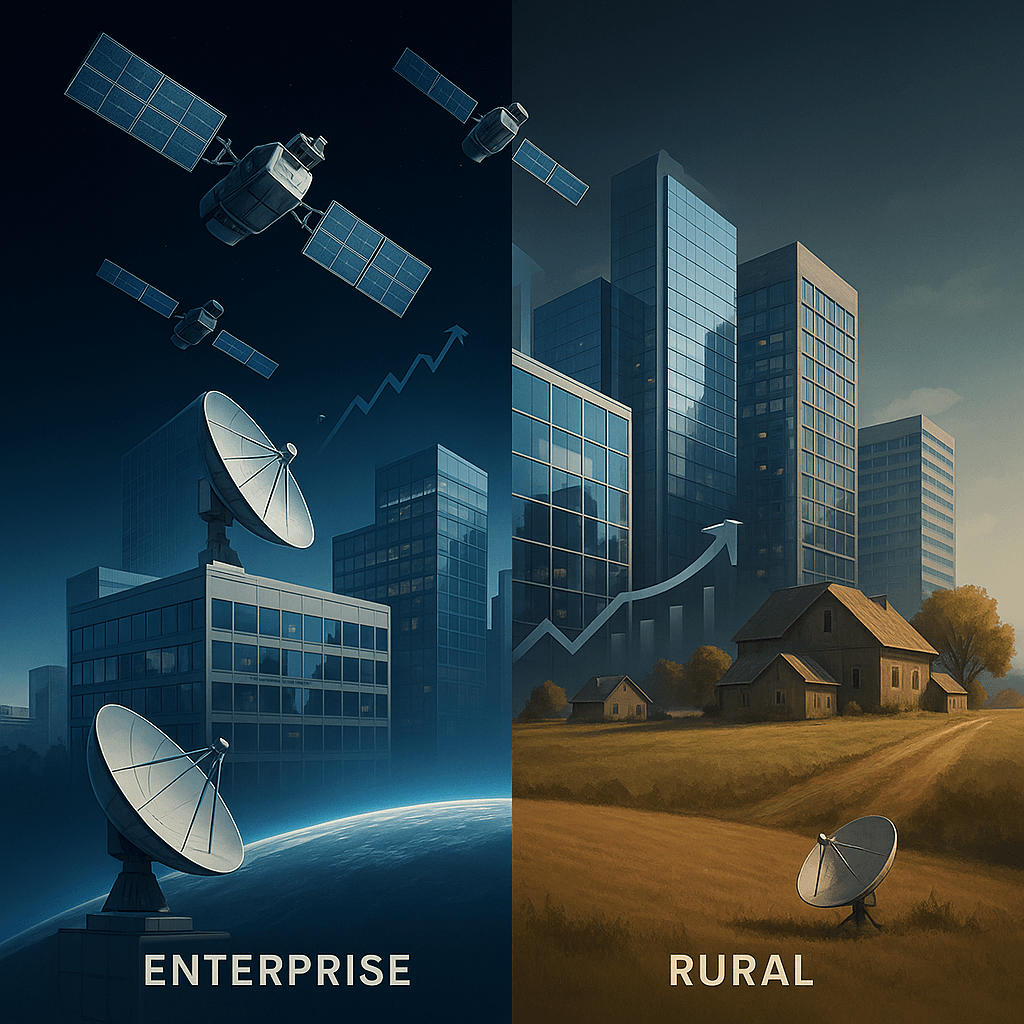Amazon just pulled off one of the quieter strategic pivots in tech, rebranding its Project Kuiper satellite network to simply "Leo" while simultaneously scrubbing all mentions of affordability from its messaging. The move signals a clear shift from serving underserved rural communities to chasing lucrative enterprise contracts, putting it on a direct collision course with SpaceX's Starlink in the high-margin commercial space.
Amazon just executed one of the most telling strategic pivots in satellite internet, and it happened so quietly that most people missed it entirely. The company's Project Kuiper satellite network is now called "Leo," but the real story isn't the rebrand - it's what Amazon erased from its pitch deck along the way.
The name change itself is straightforward enough. Leo refers to low-Earth orbit, where these satellites operate, and Amazon claims Project Kuiper was always meant to be temporary. But dig into the archived web pages and a fascinating transformation emerges. The company has systematically stripped away every mention of "affordability" and "low prices" from its satellite internet messaging.
As recently as late 2024, Amazon's Project Kuiper FAQ prominently featured its "mission to bring fast, affordable broadband" to underserved communities. The company explicitly called affordability a "key principle" and drew parallels to its budget-friendly Echo Dot and Fire TV Stick devices. "We're applying a similar approach with Project Kuiper," the old FAQ promised.
That language has vanished. The current Leo FAQ makes no mention of cost or affordability anywhere. Instead, the focus has shifted to "fast, reliable internet to customers and communities beyond the reach of existing networks" - corporate speak that opens the door to premium pricing.
The shift becomes even more apparent on Leo's dedicated business website, which reads like a premium service brochure. The site promotes "seamless video calls, stream 4K videos" and emphasizes that Leo is "flexible, scalable, enterprise-ready." Rural and remote locations get mentioned almost as an afterthought, with no discussion of making the service accessible to cash-strapped communities.
This pivot didn't happen in a vacuum. TechCrunch previously reported that Amazon has been changing its messaging for months as it secured deals with major commercial clients like Airbus and JetBlue. These partnerships signal where the real money lies - not in connecting rural farmhouses, but in providing premium connectivity to airlines, cruise ships, and enterprise customers willing to pay top dollar.











